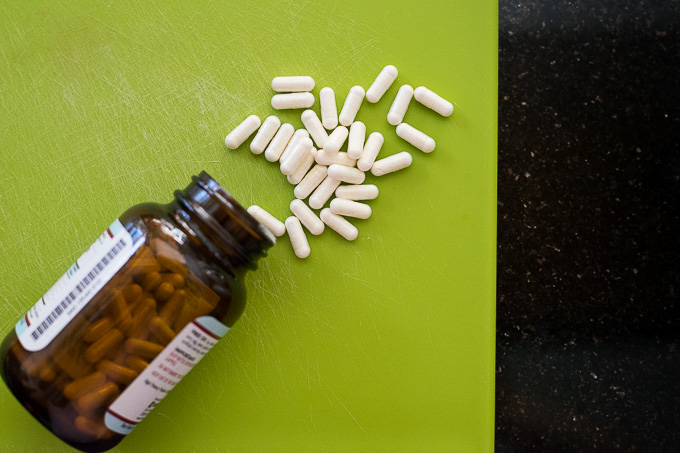It seems that it is not that hard to buy quality gluten-free probiotics nowadays with so many different manufactures joining the multi-billion dollar industry and offering so many varieties of gut-healing supplements. You should just follow some simple steps:
- Search for “gluten-free probiotics” on one of many different online healthstores or Amazon.
- Read the label to make sure that the given product does not contain any gluten or wheat or murky ingredients, like flavoring.
- Choose the ones that contain some different strains of good bacteria and have at least several billion colony-forming units (CFUs).
- Read the reviews.
- Click buy and wait for the delivery.
Well, this simple search algorithm seemed like a fool-proof strategy until a week ago. The recent findings by the Celiac Disease Center at Columbia University Medical Center ruined the credibility of the above strategy completely. Actually, this eye-opening research has managed to destroy the credibility of probiotic manufacturers, at least in my eyes.
What the researchers at the Celiac Disease Center found is that 12 out of of the 22 probiotic products (more than half!) tested positively for presence of gluten. This may sound like a no big deal for most people but for people with celiac disease, irritable bowel syndrome, people with autism following strict diets and some others, this would feel like a punch below the waist.
What makes it worse, is that most of the tested products were clearly labeled as gluten free. How bad is that?
But it gets even worse than that. The tested products were chosen among popular probiotic products, including expensive ones. So, it is not that just cheap products were bad.
Probiotic products are not cheap especially if you buying a gluten-free one or with high CFU count. I bought one recently for $40 a bottle . There are products out there which are two or three times as expensive. With expensive supplements, one would assume that these products will be more effective and safer than the cheaper products. As it turns out, this assumption is wrong.
One more thing to note is that the research did not disclose which products were tested. And this is disappointing! How in the world are we going to find out which products to avoid? I can understand that the researchers were probably mindful of potential litigation from the manufacturers but it is not fair to tell the consumers: “Look, guys. Don’t trust the labeling of probiotic products. But were are not going to tell you which ones are bad and which ones are OK. Go figure it out for yourselves!”
Let’s hope for the best though. Maybe, there will be some press leak with the details of the “bad” products. Or manufacturers will clean up their mess. But for now, you cannot be sure until you buy the product and try it yourself. So, trial and error is your best buddy for now.
Source: http://www.newswise.com/articles/new-study-finds-that-many-probiotics-are-contaminated-with-traces-of-gluten


This is a good find for a page. Although probiotics are hyped nowadays, I believe that people should still choose the supplement that best fit their needs. The same reason why I check the label to see what’s inside and what’s not inside the pills I am taking.
Hi Mike,
I agree that one has to check the labels. Unfortunately, sometimes labels do not tell us everything, which is quite sad.
Well you have a point in that part. Commercial-based products really lure people to buy their products to the point of withholding some information or misleading ones. How would you suggest a consumer really checks a probiotic supplement without having to make the abrupt switch?
Hi Mike,
I guess the only two ways to deal with that would be: a) talk to someone whom you know and who is taking probiotics and ask for their recommendation, or b) trial and error, one may have to try it on himself/herself and see how it goes. These are the only two ways I can think about.